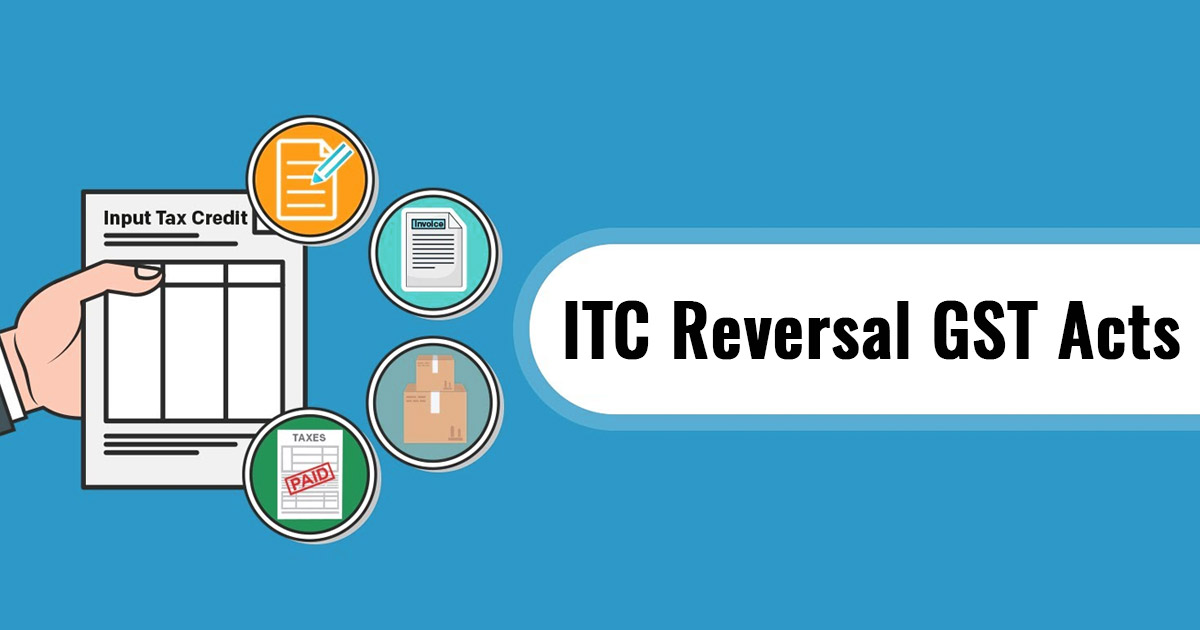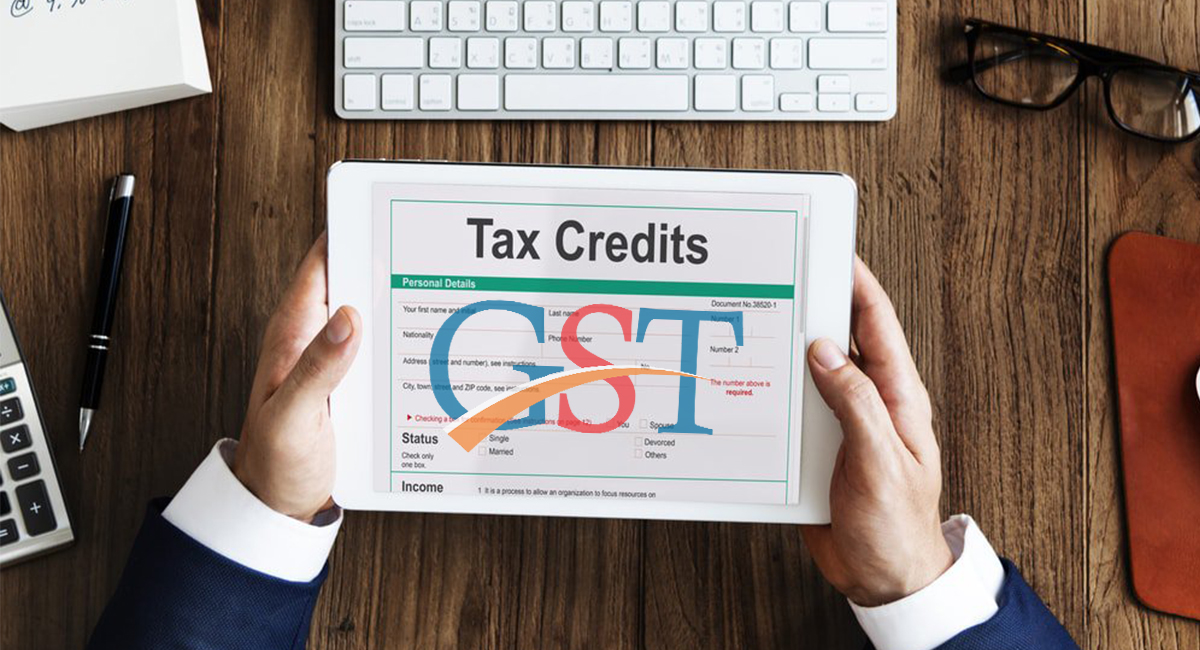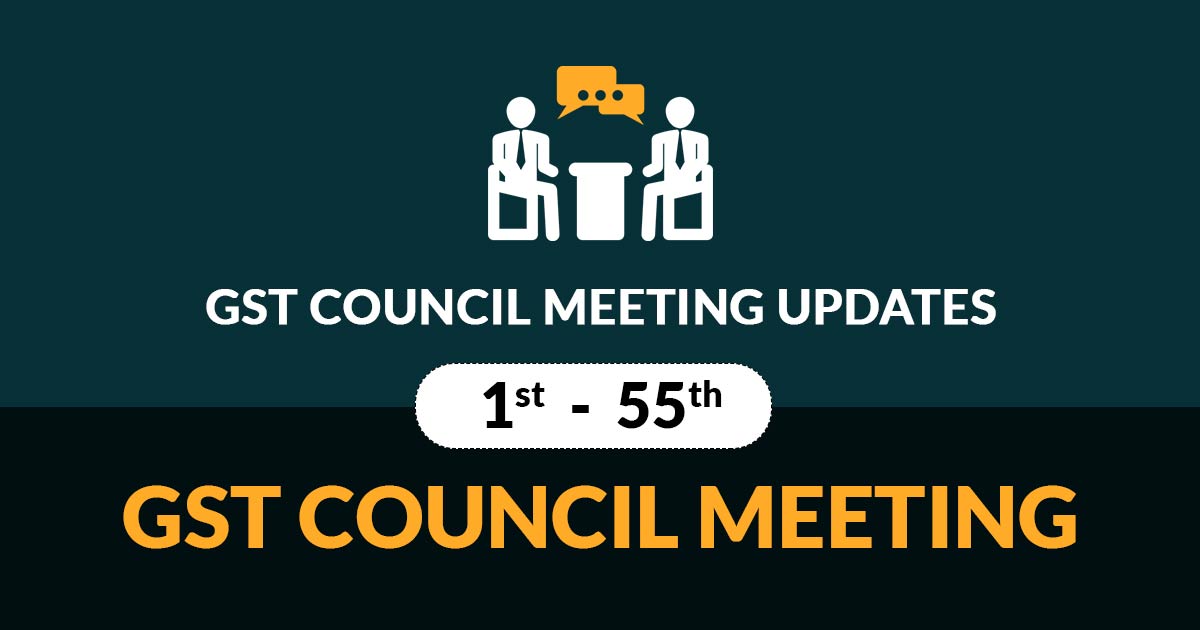
This phenomenon is a sensitive and burning issue in the GST since its inception and implementation in the year 2017 “Whether the recipient are required to reverse their Input Tax Credit (ITC) due to mismatch of 2A or due to non-submission of GSTR 1 or GSTR 3B by supplier”
- As per Section 16 (2)(c) of the CGST Act, Input Tax Credit (ITC)

- Either in cash
- Through the utilisation of ITC admissible
in respect of the said supply. This has been a sensitive provision for denial of ITC mismatch and has been a point of contention by the taxpayer. However, it has been held in various cases as well as it has been said in the Act only that the reversal of the ITC due to non-compliance of the Supplier cannot be automatic.
- If we take into consideration section 42(3) and 42(5) of the CGST Act, it connotes that where the ITC that has been claimed by the recipient is in more than by the supplier in the valid return, the difference shall be communicated to both the parties in such a way as prescribed. However, till now, no such manner is prescribed.
- Moreover, section 42(5) connotes that if any difference is communicated under section 42(3) and later on not corrected by the supplier in his return then it shall be added to the output tax liability of the receiver in the manner that is prescribe.
- In essence, the provisions incorporated in section 41, 42, 43 and 43A are not pragmatic(functional) and has glitches.
- Moreover, section 16(2)(c) of the CGST Act is not in operation
- To sum up, the recipient of the supply has no means to ensure that the tax actually levied in respect of supplier has in reality been paid to the Government and so any provision without the administrative mechanism is bound to fail. The conclusion is the rejection of ITC and recovery thereof is not possible(maintainable).
- In the aforesaid matter, GST Council

- Recently, The honourable Madras High Court held in “D.Y Beathel Enterprises Vs. State Tax Officer (Data Cell).” that the reversal of ITC cannot be automatic.
- A similar stance was taken by the honourable Supreme Court in the case of Commissioner of Trade & Taxes, Delhi and others Vs. Arise India Limited and others
- Wherein it put forth the 2 important principles.
- Treating both the parties ‘guilty purchaser and the innocent purchaser’ at par is the violation of Article 14 of the Constitution
- In this case, the purchaser has been asked to do something that is impossible, i.e to predict(anticipate) the selling dealer who will not deposit to the Government the tax that is collected by him which he has collected from the purchaser.
- A similar stance was held by the Punjab and Haryana High Court in “Gheru Lal Bal Chand Vs. The state of Haryana”, wherein the necessity for the law to differentiate between honest and dishonest dealers has been acknowledged. In the aforesaid case, it was held that the Law cannot predict a possibility of an almost impossible eventuality and it clearly put the stance that the liability can be fastened on a person who either acts fraudulently or has been a party in collusion with the offender. Law cannot put an onerous responsibility on the innocent otherwise, it shall be difficult to hold the law to be valid considering the touchstone of Articles 14 and 19 of the Constitution of India.









